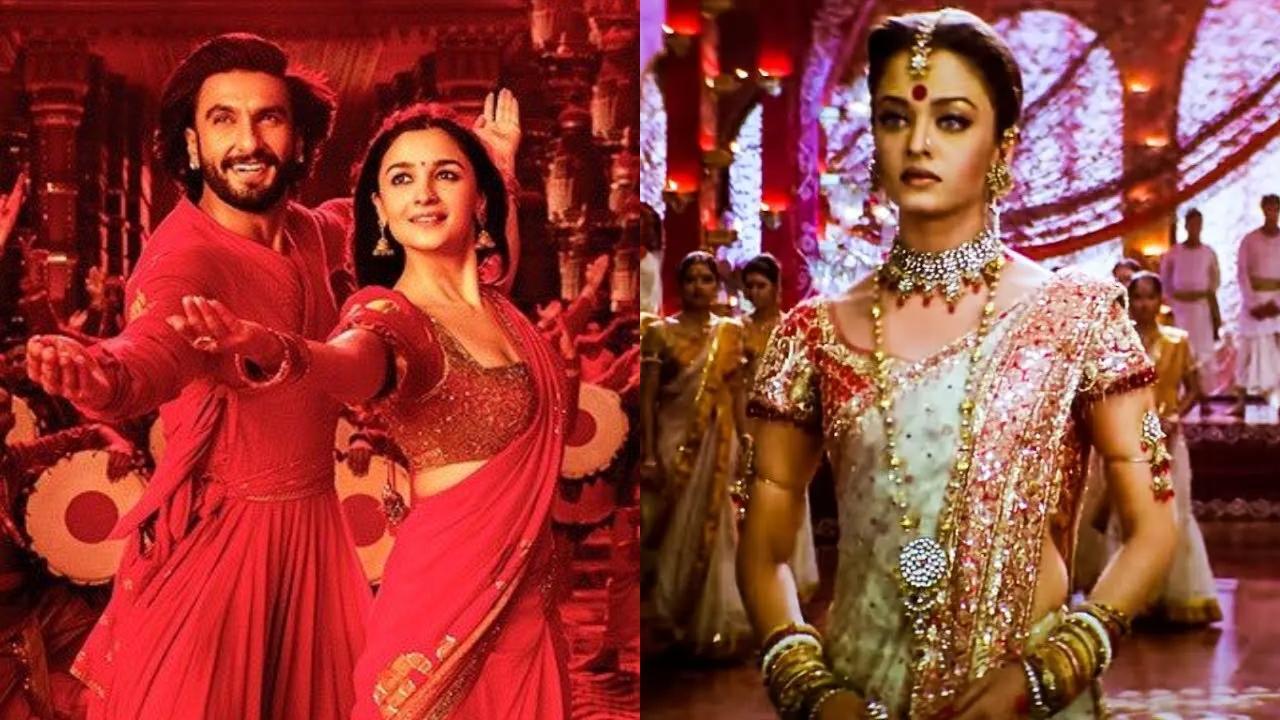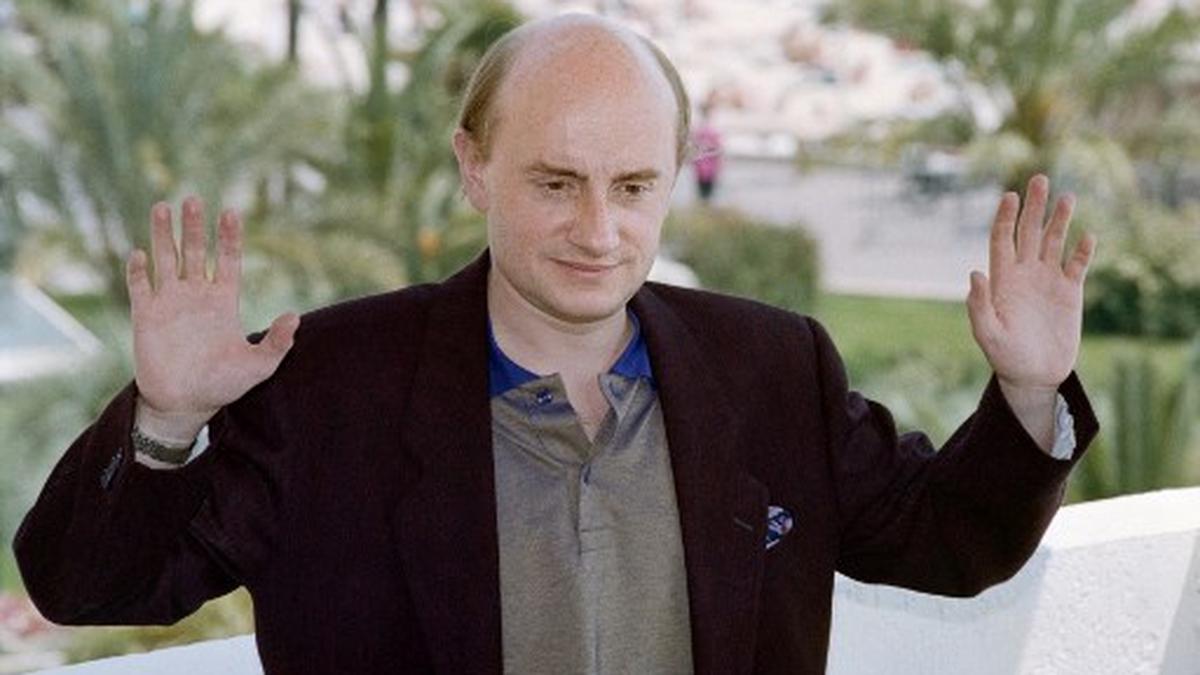
In a high-stakes UEFA Nations League match at the Aviva Stadium, England players Declan Rice and Jack Grealish faced significant hostility from Ireland fans. The two former Ireland representatives, who have since switched their allegiance to England, were met with unrelenting jeers and unfurling banners that read, “The snakes are back,” featuring pictures of the players draped in symbolism of betrayal. This public disapproval was keenly felt, but Rice and Grealish rose above the animosity in the most effective manner possible—by scoring the goals that secured a 2-0 victory for England.
Declan Rice, a highly influential figure in the England midfield, was first to respond to the crowd’s hostility. In the 11th minute, Rice found the back of the net, putting England ahead and momentarily silencing the boos from the stands. However, in a display of respect or possibly to avoid further provocation, Rice chose not to celebrate his goal. This moment set the tone for much of the match, as Rice’s composed demeanor sharply contrasted with the fury directed his way.
Jack Grealish, who joined Manchester City in 2021 for a British record fee of £100 million ($139 million), was the next to counteract the hostile reception he had received. Grealish extended England’s lead by scoring in the 26th minute. Unlike Rice, Grealish celebrated his goal but maintained a respectful tone afterward. “We both enjoyed our time playing here. I certainly did,” he said. “I have a lot of Irish in my family, so there’s no bad blood whatsoever from my side,” he added, indicating that the jeers from the crowd did not sour his personal feelings towards Ireland.
Both Rice and Grealish had earlier ties with Ireland. Rice made three senior appearances for the Republic of Ireland before making the switch to England. Since then, he has solidified his position as a critical member of England’s midfield, earning praise across Europe for his performances. Grealish, meanwhile, played for Ireland at the youth level and later chose to commit to England, a decision that culminated in his record-breaking move to Manchester City.
The backdrop to this brewing discontent lies in their eligibility to represent Ireland despite being born in England.
. Both players availed themselves of this eligibility due to their Irish heritage but ultimately chose to pursue international careers with England, much to the chagrin of many Irish supporters. Their decisions have been viewed by some as betrayals, fueling the charged reactions witnessed during the match.
Adding another layer to the story, England’s interim manager Lee Carsley has lived through a similar narrative. Born in England, Carsley opted to represent Ireland at the senior level, earning 40 caps for the national team. His involvement in the match brought additional attention, as fans scrutinized the growing trend of dual-nationality players making pivotal career decisions based on long-term prospects rather than initial commitments.
While the match itself was governed by the passions and histories of its players, the larger context of such decisions continues to prompt debate. This scenario underscores the complexities involved when players with multiple nationalities must choose their paths, often weighing personal aspirations against early allegiances and fan sentiments.
The match concluded with a 2-0 win for England, but the narrative extended beyond the scoreline. Rice and Grealish’s performances were not just about skill but resilience against a backdrop of passionate reprisal. The manner in which they handled the situation—scoring goals and later addressing the crowd’s sentiments with grace—underscored their professionalism and maturity.
The story didn’t just end with the final whistle; it provided considerable fodder for media discussions and analyses. The broader implications of player choices and the resultant reactions they evoke from fans have become a focal point in conversations about modern football. Guidance and debates around dual-nationality rules, fan expectations, and the personal crossroads athletes face continued to unfold.
In conclusion, the evening at Aviva Stadium highlighted more than just a football match. It exposed the deep-seated emotions tied to player loyalty and national representation. Rice and Grealish’s responses—both on and off the field—served as a testament to their character and underscored the human aspect behind professional decisions in sports. Whether viewed as heroes or villains, Rice and Grealish undeniably left an indelible mark on the evening, etching their names into the larger narrative of football history.










